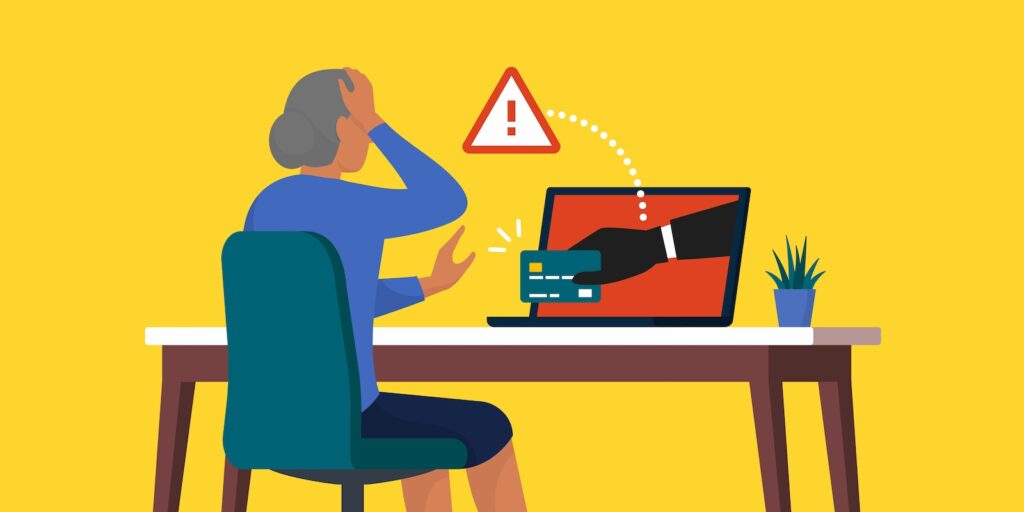Protect Your Pocket: Outsmarting the Latest Scam on Fake Invoices
In the digital age, keeping your money safe has become a game of wit against scammers constantly finding new ways to trick people. A recent alarming method involves scammers pretending to be real businesses and sending out fake invoices designed to look like the real deal. These aren’t your typical bills, though. They contain scam bank account details that, if paid, funnel your hard-earned money directly into the pockets of thieves.
This trickery is especially sneaky because the invoices might appear to come from a company you know and trust. Maybe it’s a service you subscribe to monthly or a contractor you’ve been working with on a home renovation project. The scammers are leveraging this trust, betting that you’ll pay first and ask questions later. But here’s how you can beat them at their own game and protect your finances.
**Stay Skeptical**
Firstly, maintain a healthy dose of skepticism about any invoice that lands in your inbox or mailbox. If anything looks off, even slightly, trust your gut. It could be a typo, a strange due date, or an amount that doesn’t quite match what you were expecting. These are potential red flags that deserve a closer look.
**Double-Check Details**
Before you make a payment, take a few extra minutes to confirm the details of the invoice. This means comparing the invoice to any previous ones you’ve received from the company. Look for discrepancies in the layout or design, and most importantly, check the bank account details. If there’s a difference, don’t rush to pay.
**Reach Out Directly**
If something feels off, the smart move is to contact the company directly using a phone number or email address you’ve used before or that’s listed on their official website. Don’t use the contact details on the suspicious invoice—they might lead you straight back to the scammer. A quick call or message can confirm whether the invoice is legitimate or a well-crafted fake.
**Educate Yourself and Others**
Knowledge is power. Familiarize yourself with the common signs of invoice scams and share what you learn with friends, family, and colleagues. The more people know about these scams, the harder it becomes for scammers to succeed.
**Report Suspicious Activity**
If you come across a fake invoice, don’t just brush it off. Report it to the authorities or fraud prevention organizations in your area. Your report could be the crucial piece in a larger puzzle, helping to stop scammers and protect others from falling victim.
As we navigate the complexities of the digital world, staying informed and vigilant is key to keeping our finances secure. Remember, scammers rely on deception and haste. By taking the time to verify and confirm the legitimacy of invoices, you’re not just protecting your money; you’re actively thwarting their malicious attempts to profit at your expense. Stay cautious, stay smart, and let’s outsmart those trying to trick

